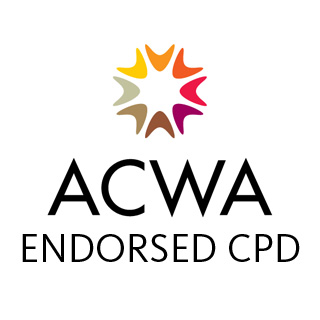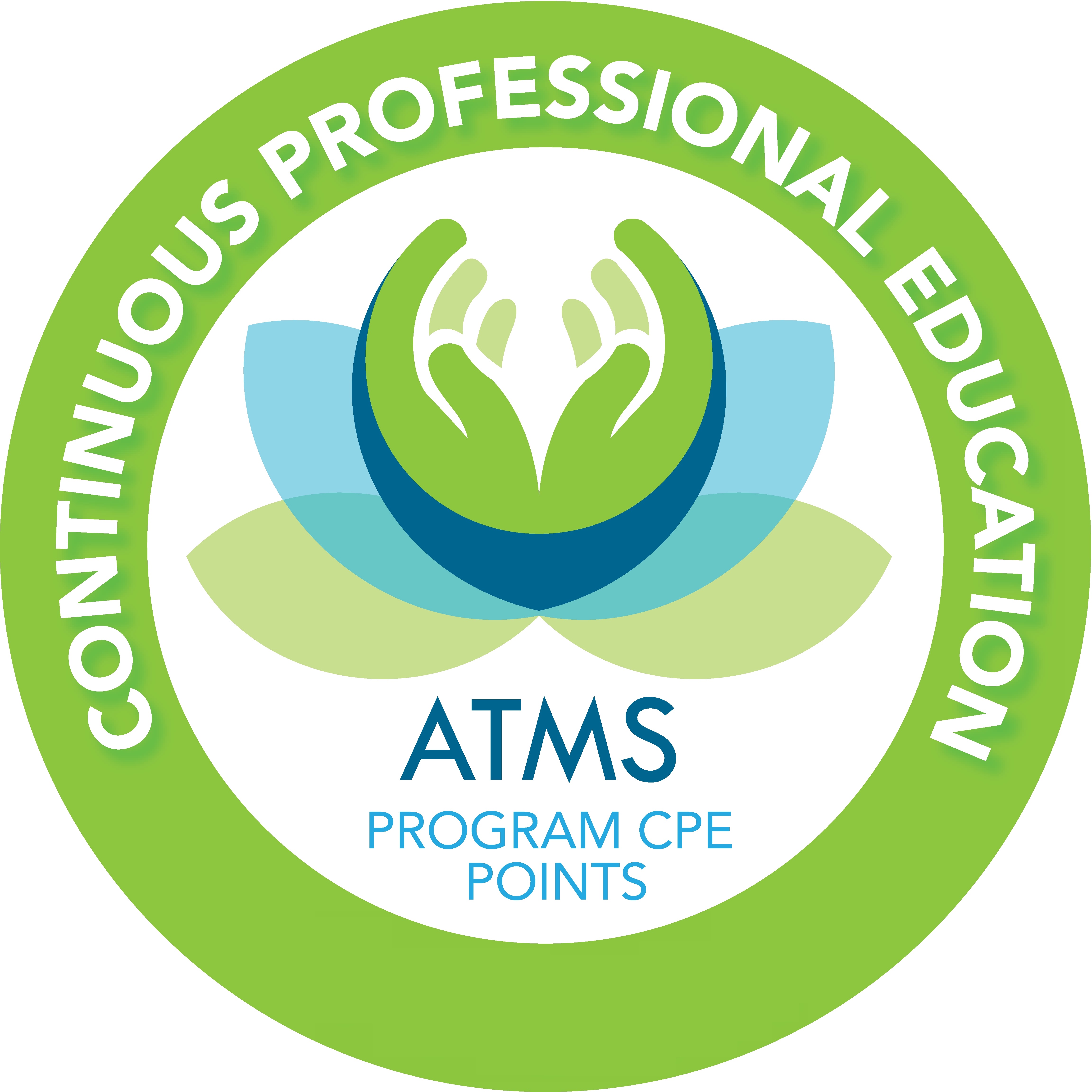UPSKILL MICRO-CREDENTIAL
Assessment in Counselling (AIC)
Counselling is a multifaceted profession, ranging from short to long term interventions. At its core, it seeks to assist clients to have increased personal growth. For therapists, a rewarding aspect is assisting clients to reach “light-bulb” moments where they understand their own growth. However, such growth doesn’t just occur by accident. Skilled therapists will use a variety of tools suited to their clients – generally a combination of the therapeutic alliance, suitable therapeutic interventions and assessment tools. Assessment tools, when used correctly, can help both client and therapist understand the severity of issues, struggles they may be facing and areas of growth.
Online, Self-paced
2 months (full time)
1 Unit


Why study an Upskill Micro-Credential
The world of work is changing. Upskilling, reskilling and agility is key to ensuring you or your organisation thrives in this ever changing, tech-focused decade. As the pace of change quickens, you and your workforce will need to learn new skills quickly to adapt and stay competitive.
Our micro-credential courses fill and advance critical areas of knowledge. They are deep-dive explorations into important topic areas that’ll advance your capacity at work and personally.
Our micro-credential courses are extremely applicable to people from all work and education backgrounds. Our courses cover diverse content areas relevant to an array of professional contexts.
We’re specialist educators in mental health with over 30-years’ experience. Our extensive experience provides us with a deep understanding of learner and market needs.
With so many demands on our time, it’s crucial that learning fits around our other commitments. That's why our micro-credential courses are self-paced and carefully designed to provide a rich, enjoyable learning experience.
Course Overview
The course has been designed to introduce popular assessment tools, increase your knowledge of which tools and assessments can be done as a counsellor and to understand the benefit of each. It focuses on working with and conducting assessment for clients in the counselling setting. This Upskill will explore the purpose and benefit of assessment, popular tools, how to conduct an in-depth assessment and how to use this with different populations.
The Course includes a Study Guide, a Book of Readings, and recorded webinars, and is completed through passing a multiple-choice assessment. The Study Guide will take you through the core content of the course, including information on the purpose of assessment, the difference between screening and assessment, some of the more popular standardised tests, as well as using assessment with different populations. These are supported by selected readings (all contained within the Book of Readings), each of which has been selected to expand or elaborate upon a particular area of
Upon completion of this course you will have:
Course Outline
This Course is divided into 4 Parts:
In order to apply assessment outcomes properly into your counselling setting, it is important to understand what the purpose of assessing clients is. Assessing clients, and sharing the information with them, can actually increase the outcomes for your clients. When done properly, it can assist to improve or promote client awareness. This section helps understand the role of assessment in counselling in Australia, as well as its limitations.
This Study Guide will cover the most widely used standardised tests for different areas including intelligence tests, working with clients using drugs and alcohol, popular anxiety and depression scales, mental status examinations and working with First Nations clients. It will also provide some helpful tips on how to choose the right test for your client.
There is no one set way to conduct an assessment in counselling, although there is a consensus that it involves an initial interview, evaluation of information received, documenting the information and creating a treatment plan. However, due to the varying nature of how counsellors approach sessions, each step will be done slightly different. This section will review the main processes involved with undertaking assessment.
This Upskill finishes by looking at using assessment tools with children, court-mandated clients, and clients who require interpreters. With these populations, we may also see a power imbalance in our interactions – whether we intend to or not. These types of power-imbalances do not tend to occur in most areas of counselling, but it is important to identify these and figure out ways to ensure that our clients are not disadvantaged.
You have already enrolled into the Assessment in Counselling Upskill Micro-credential.

30-Day Money Back Guarantee
If you're not satisfied we'll give you your money back.
Zero Risk
Your enrolment comes with a guarantee that empowers you to enrol risk-free. if, for any reason whatsoever you decide you do not want to proceed with your course within 30 -day, we will give you a 100%, no questions asked, money back guarantee.
Frequently Asked Questions
Yes, we deliver micro-credential courses in a range of areas. Our micro-credentials are between 20 and 40 hours of deep, rich, learning in specific areas.
All micro-credentials lead to a Digital Badge and Certificate of Attainment. They are self-paced and assessed through multiple-choice.
Some of our micro-credential courses include Creative and Critical Thinking, Acceptance and Commitment Therapy, Working with Mental Health, Emotionally Intelligent Leadership, and many more. You can find a catalogue of all courses here: AIPC Upskill
Our AIPC Upskill courses are all micro-credentials, which means you receive a Digital Badge and Certificate of Attainment upon successful completion.
Our micro-credentials are between 20 and 40 hours of deep, rich, learning in specific areas.
Some of our micro-credential courses include Creative and Critical Thinking, Acceptance and Commitment Therapy, Working with Mental Health, Emotionally Intelligent Leadership, and many more. You can find a catalogue of all courses here: AIPC Upskill
No, anyone can enrol in an AIPC Upskill micro-credential course.
Our Upskill micro-credential courses are self-paced and online. Each courses includes a Study Guide, a Book of Readings, and recorded webinars; and are assessed through multiple-choice questions.
Our micro-credential courses are between 20 to 40 hours of learning.
Upskill micro-credential courses comprise multiple-choice, online assessments. For successful completion of an assessment, you are required to attain a minimum 65% pass rate. As the assessment is competency-based, if you don’t pass on your first try, you will have the opportunity to review and re-submit your answers (there are no re-attempt limits).
Upon completion of an Upskill micro-credential course you receive an electronic Certificate of Attainment and a Digital Badge. A Digital Badge is a form of Digital Credential (also known as ‘micro-credential’) that can be verified/validated online. A digital badge signals your achievement to potential employers and stakeholders, as they are able to verify your learning/skill acquisition outcomes in real-time, over the web.
A Digital Badge is a form of Digital Credential (also known as ‘micro-credential’) that can be verified/validated online. A digital badge signals your achievement to potential employers and stakeholders, as they are able to verify your learning/skill acquisition outcomes in real-time, over the web.
As Upskill micro-credential courses cover a variety of topics and are relevant to diverse professions, you should check the CPD requirements of your industry association.

30-Day Money Back Guarantee
If you're not satisfied we'll give you your money back.
Zero Risk
Your enrolment comes with a guarantee that empowers you to enrol risk-free. if, for any reason whatsoever you decide you do not want to proceed with your course within 30 -day, we will give you a 100%, no questions asked, money back guarantee.




